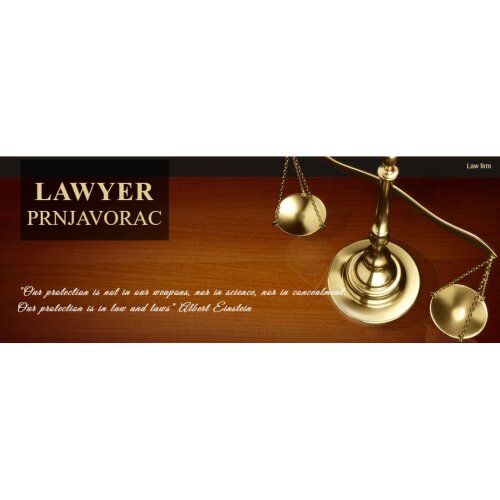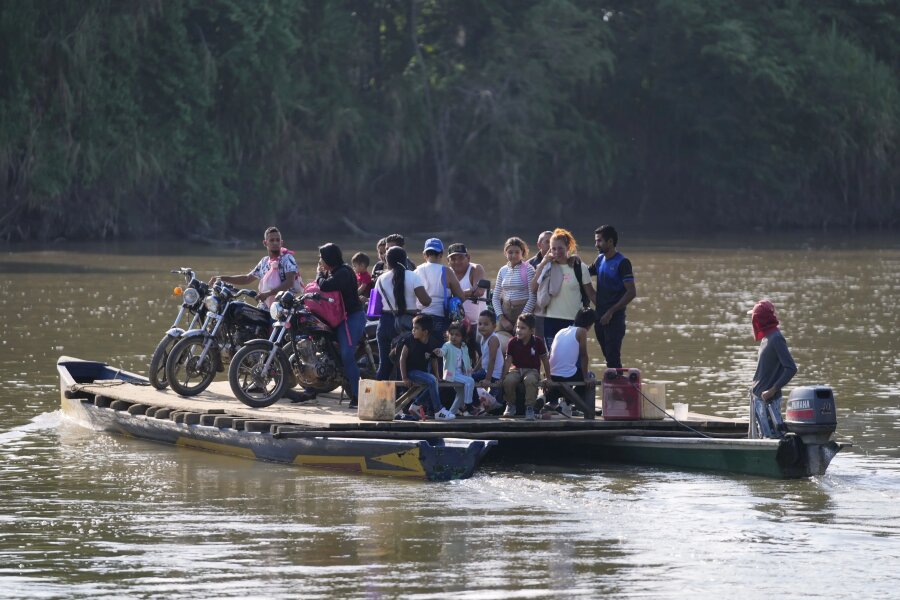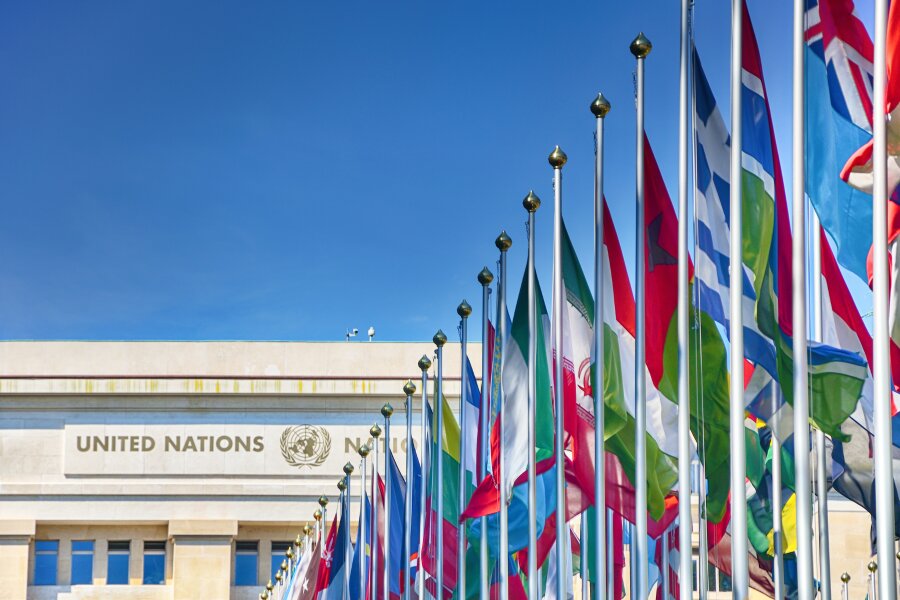
Best Native People Lawyers in Tuzla
Share your needs with us, get contacted by law firms.
Free. Takes 2 min.
List of the best lawyers in Tuzla, Bosnia and Herzegovina

About Native People Law in Tuzla, Bosnia and Herzegovina
In Bosnia and Herzegovina, the term "Native People" usually refers to the indigenous Slavic populations that have lived in the region for centuries. While the concept of indigenous rights as understood in countries like the United States or Canada may not fully apply, the rights and cultural heritage of native groups are still recognized in various legal frameworks. In Tuzla, a city known for its cultural diversity, there is a mix of ethnic groups including Bosniaks, Croats, and Serbs, all with deep-rooted historical presence in the region. Legal matters surrounding Native People often intersect with minority rights and cultural preservation laws.
Why You May Need a Lawyer
There are several situations where native individuals or groups in Tuzla may require legal assistance. For instance, issues related to land ownership, cultural preservation, and minority rights protections can necessitate legal expertise. Navigating the complexities of Bosnia and Herzegovina's legal system can be challenging, especially when dealing with administrative procedures or discrimination cases. Additionally, in disputes over land or cultural sites, it is crucial to have a lawyer who understands the socio-political context and legal specifics.
Local Laws Overview
The legal landscape for Native People in Tuzla is shaped by a combination of national and local laws that address ethnic and minority rights. The Constitution of Bosnia and Herzegovina recognizes the equal rights of all citizens, but also gives specific protections to the "constituent peoples" – Bosniaks, Croats, and Serbs. These protections include representation in government institutions. Furthermore, the Law on the Protection of National Minorities offers rights related to cultural expression, language use, and participation in public life. However, practical challenges remain in ensuring these rights, often making legal intervention necessary.
Frequently Asked Questions
What rights do indigenous or native groups have in Tuzla?
Native groups in Tuzla have rights similar to those of other ethnic groups, including cultural, language, and religious freedoms. However, specific protections for Native People as understood in a global context may not be codified.
Are there any indigenous communities officially recognized in Tuzla?
There are no formally recognized "indigenous" communities as per international definitions, but significant native ethnic groups like Bosniaks have recognized cultural and historical rights.
How do local laws protect cultural heritage?
Laws in Bosnia and Herzegovina protect cultural heritage through various statutes that aim to preserve historical sites, buildings, and traditions specific to different ethnic communities.
Can native communities control their traditional lands?
Land control can be complex, usually demanding legal proof of ownership. Native groups face similar challenges as others in proving land rights, often requiring legal intervention.
What should I do if I face discrimination based on ethnicity?
Discrimination is illegal, and victims can seek legal recourse through courts or file complaints with relevant bodies like The Ombudsman Institution.
Are there special considerations for native people in public projects?
Public projects must consider the impacts on recognized cultural and historical sites and may require consultations with local communities.
How can I ensure my native language rights in Tuzla?
Legal provisions exist for language rights, especially in governmental and educational contexts, but enforcement can vary, so legal support might be necessary.
What governmental bodies address native people’s issues?
The Ministry for Human Rights and Refugees and the respective city or canton-level administrative offices address issues related to cultural and minority rights.
How can Native People participate in Tuzla's governance?
The political system encourages representation through seats allocated to constituent peoples, but active civic engagement is also crucial for increased participation.
Is it possible to amend local laws to better protect Native People in Tuzla?
Amending laws is possible through legislative processes, which require advocacy and negotiation within political systems, often supported by legal experts.
Additional Resources
Individuals seeking assistance can reach out to the Ministry for Human Rights and Refugees, as well as non-governmental organizations such as the Center for Democracy and Human Rights (CEDEM). These organizations offer support for cultural preservation and legal rights. Additionally, legal aid clinics in Tuzla may provide free or reduced-cost services for those in need.
Next Steps
If you believe you need legal assistance regarding native people's issues in Tuzla, consider contacting a lawyer specializing in local and minority rights law. Gather all relevant documentation and information related to your issue to ensure a comprehensive consultation. If financial constraints are a concern, inquire about legal aid services available in the region. Educate yourself about your rights and stay connected with local community organizations for support and guidance.
The information provided on this page is intended for informational purposes only and should not be construed as legal advice. While we strive to present accurate and up-to-date information, we cannot guarantee the accuracy, completeness, or currentness of the content. Laws and regulations can change frequently, and interpretations of the law can vary. Therefore, you should consult with qualified legal professionals for specific advice tailored to your situation. We disclaim all liability for actions you take or fail to take based on any content on this page. If you find any information to be incorrect or outdated, please contact us, and we will make efforts to rectify it.









